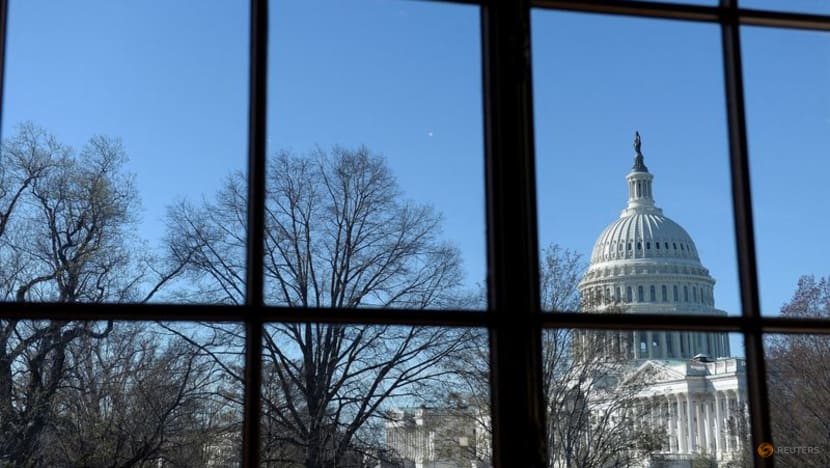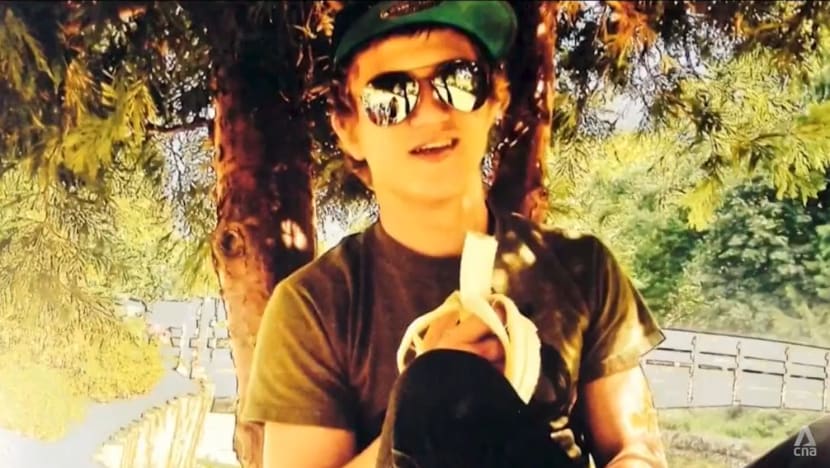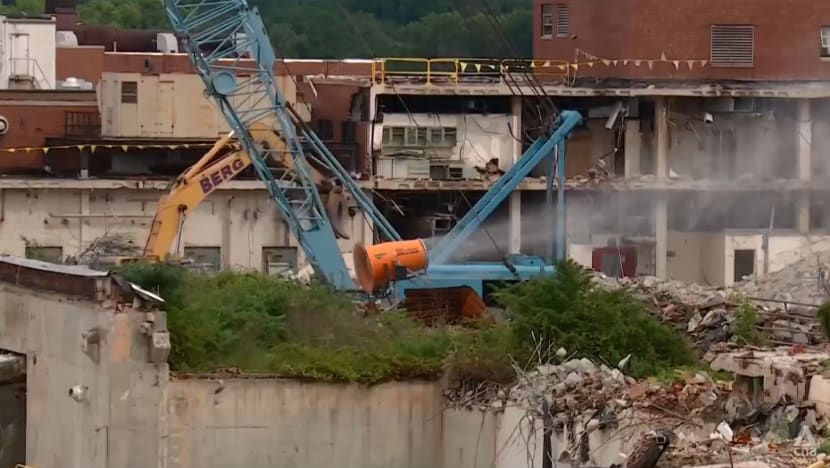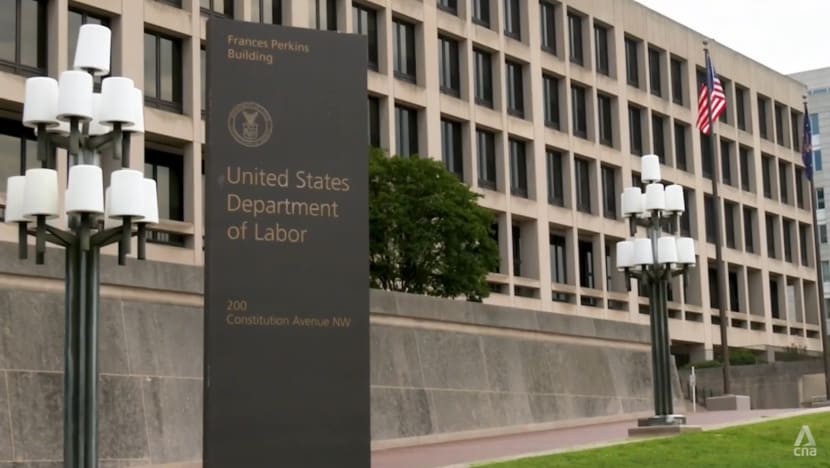Calls for stronger child labour laws and enforcement in US, as violations soar in recent months
The number of child labour violations in the country has increased 283 per cent since 2015.

WASHINGTON DC: Child labour violations in the United States have soared in recent months, with some businesses plugging staffing gaps by illegally recruiting teenagers.
This comes as the numbers of unaccompanied children crossing the US-Mexico border illegally rose to record numbers last year.
However, it is not just employers desperate to fill jobs who are driving the number of unlawfully employed minors up.
Children are also paying the price, as child labour laws are slowly weakened in individual states.
PROTECTING THE YOUNG
One youngster, Cole Bostwick, was barely 18 when he was killed in a logging accident nine years ago.
“It destroyed our family, it really did,” his mother Wendy Bostwick told CNA.
Mrs Bostwick has been fighting a bill which would allow 16 and 17-year-olds to operate dangerous logging equipment, under parental supervision.
Her son died instantly after being crushed by a carriage, with his father, also a logger, just metres away.

Nearly a decade after Cole’s death, dozens of teenagers continue to die on the job annually.
However, in the past two years, at least 14 states have either repealed or proposed rolling back the very protections designed to limit the youngsters’ exposure to harm, such as the need for 14 and 15-year-olds in Arkansas to have work permits.
In Iowa, 16-year-olds can work in the excavation and demolition sectors, and operate power-driven machinery.

Several business lobby groups are pushing lawmakers to make state laws even more lenient, arguing that it could empower people to start earning money at a younger age.
However, this would make it harder to check for violations, which have increased 283 per cent since 2015.
Ms Jennifer Sherer, senior state policy coordinator at the Economic Analysis and Research Network, told CNA that it weakens the broader enforcement system in the whole country when states roll back their standards.
“What the states have done is sent a very confusing message to employers by saying, ‘If you cross the line and violate those federal protections, here at the state level we are certainly not going to do anything about it. We are taking ourselves out of the enforcement role because we have weakened our standards and we are going to leave it up to the underfunded (and) understaffed federal Department of Labor to try to enforce those provisions’,” she said.
UNDOCUMENTED IMMIGRANTS
Department of Labor officials are trying to pick up the slack and address these breaches, but it is a mammoth task.
The department alone has more than 600 child labour investigations open and has issued millions of dollars in fines.

One investigation, for instance, found 10-year-olds working at a McDonald’s outlet in Kentucky, sometimes until 2am.
There are also hundreds of teens illegally employed in hazardous meat-packing plants and slaughterhouses across eight states.
Many of these children are not Americans choosing to work, but instead are undocumented immigrants who had unlawfully crossed over the US-Mexico border.
Employers, desperate to fill jobs following the pandemic, turn a blind eye to their well-being when profits are at stake, said observers.
Experts such as Dr Annie Smith, Professor of Law at the University of Arkansas and Director of the Civil Litigation and Advocacy Clinic, fear there is no easy fix to this situation.
“If you’re serious about addressing it, whether it’s human trafficking or child labour exploitation, you have to look at root causes (which are) the vulnerabilities experienced by those workers, and what’s making them vulnerable to that type of abuse,” Prof Smith explained.
“It’s really going to deeper policy approaches, foreign policy, immigration policy, those sort of deeper issues that seem removed from child labour but are actually directly related to it.”
While such a change will take time, the message remains clear and urgent for those who have suffered loss.
“Kids are going to get lost in the mix. I see sweatshops in our future, and it disgusts me, it really does. If anything is important to us, it’s got to be our future, it’s got to be our kids,” said Mrs Bostwick.















